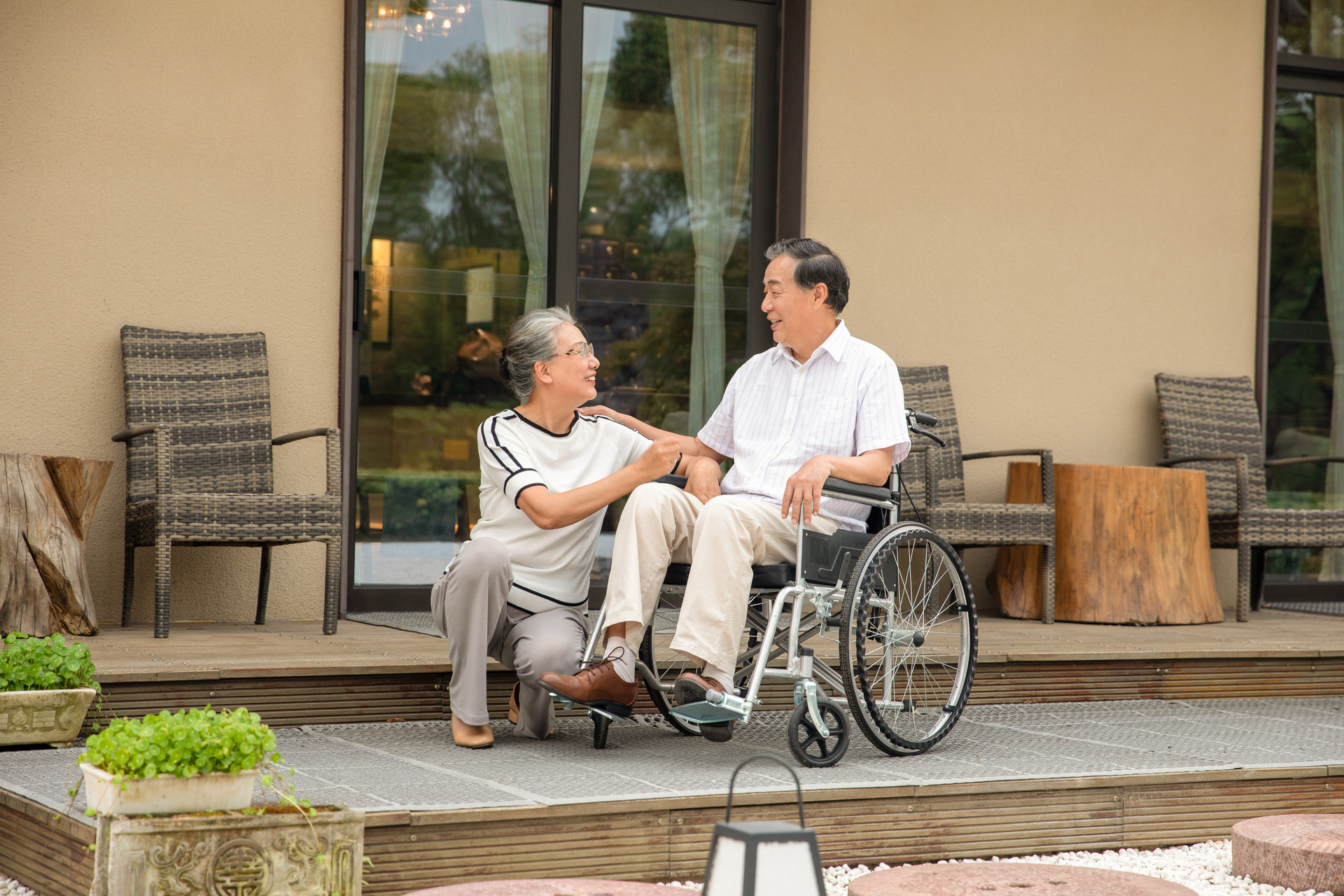Mencius (372 BC - 289 BC), a great thinker and educator in China's Warring States period, was also a representative of Confucianism. People called Confucius the "Ultimate Sage" and Mencius the "Second Sage". It is said that Mencius lived to be 84 years old, which was considered long-lived in a time when medical technology was relatively backward. Why did he live so long? From a modern perspective, we can attribute it to four aspects.
Accumulating Virtue and Cultivating Morality
Mencius, born in Zouxian County, Shandong Province, was raised and educated by his mother in his early years. Mencius' mother had strict requirements for his growth. She believed that the living environment would affect a person's physical and mental health. Therefore, when she found that the living environment was not conducive to Mencius' growth, she moved three times to provide him with a good living and learning environment. Mencius' mother also demanded that he study diligently and strive for progress. She cut a woven cloth and said, "If you give up halfway in your studies, it is like a cut cloth, you will never succeed." Mencius was inspired to study hard and eventually became successful.
Mencius lived in a favorable environment, which also cultivated his habit of doing good deeds and accumulating virtue. Mencius advocated maintaining a good conscience and reducing selfish desires. He believed in being righteous before expecting others to be righteous, and emphasized the importance of associating with friends of good character. He believed in living a simple life, not worrying about poverty, and exerting oneself mentally and physically. He emphasized the importance of speaking and acting with sincerity and benevolence, and enjoying happiness with the people. He promoted the virtues of benevolence, righteousness, propriety, wisdom, and trustworthiness, which included having a compassionate heart (benevolence), a sense of justice (righteousness), a respectful attitude (propriety), a discerning mind (wisdom), and a humble and sincere heart (trustworthiness). By adhering to these principles, he regulated his own behavior and benefited his own physical health. This is what the ancients called the principles of "benevolence leads to longevity" and "wisdom leads to longevity". A person should eliminate all kinds of delusions, speak kind words frequently, and do good deeds. The physician Sun Simiao said, "With sincere and righteous thoughts, one can eliminate worries." By cultivating good moral character and frequently doing things that benefit others, one can broaden one's mind and stabilize one's emotions. Dong Zhongshu, a scholar from the Han Dynasty, believed that "the benevolent live longer because they are free from greed, have a calm internal state, possess a balanced and just mind, and take the beauty of heaven and earth to nourish their bodies." The longevity of the benevolent lies in cultivating their character. Mencius always had a compassionate heart and accumulated virtue, which was one of the secrets to his long life.
Traveling and Persuading
During Mencius' lifetime, there were frequent wars. Witnessing the suffering that war brought to the people, Mencius traveled to various states such as Qi, Chu, Yan, Song, and Lu to persuade them with his advocacy of "benevolence and righteousness". Due to Mencius' talent and eloquence, the kings of various states enjoyed listening to his political insights and warmly received him with respect. During his long-term travels, Mencius developed his physical strength and willpower, which laid a good foundation for his healthy longevity. Modern medical research suggests that any form of exercise can be beneficial to a person's physical health. The body's muscles and bones need to be stretched and exercised, and the body's blood and qi need to flow smoothly. This is the essence of "constantly exerting the body". Physical exercise can promote blood circulation, regulate the five internal organs, open up the meridians, nourish muscles, and strengthen bones. Mencius' travels to different states can be seen as a form of exercise for his physical health.
Diligence in Thinking
After the age of 70, Mencius stopped traveling and returned to his hometown to engage in education and writing. Due to his writing and diligent thinking, he kept his mind active and engaged. According to modern health science, the more stimulation the brain receives, the more developed the brain cells become, and the slower the aging process. This is what is known as "thinking can prolong life". The book "Mencius" records Mencius' lifelong thoughts and teachings. His thoughts were rich, his words were sharp, and he was skilled in using metaphors and eloquence. Many of his passages and sentences are considered famous and are still widely used today. For example, "The people are the most important, the state is secondary, and the ruler is the least important"; "Wealth and power cannot corrupt, poverty and low status cannot displace, and might and power cannot bend"; "Timing is not as important as favorable circumstances, and favorable circumstances are not as important as harmony among people." Of course, thinking should also be moderated, as the ancients advocated moderation in thinking. Mencius' long life also indicates that he had a moderate approach to thinking, which enabled him to live a long life.
Simple Living
Mencius led a simple daily life, especially during his travels when he often suffered hardships and lacked sufficient food and warmth. He did not picky about food and ate anything, not being picky about simple meals and soups. He ate until he was full and content. He did not have extravagant desires and was content with whatever circumstances he encountered. His simple lifestyle became another basic element of his long life.
In conclusion, although Mencius lived in a turbulent and unstable period of the Warring States, his mother chose a suitable environment for his healthy growth. After he achieved academic success, he paid attention to his own cultivation, diligently used his mind, enjoyed physical activities, and conformed to the laws of nature. This ultimately made him a long-lived saint with noble character and versatile knowledge. His experience of longevity is worthy of reference for future generations.










